Seoul, South Korea — In a recent CNN interview, South Korea’s President Lee Jae Myung strongly affirmed his nation’s alliance with the United States, choosing to focus on cooperation despite persistent trade disputes. Ahead of US President Donald Trump’s visit to Asia, Lee offered a remarkable welcome, positioning Trump as a potential “peacemaker” on the Korean Peninsula.
Thank you for reading this post, don't forget to subscribe!The Search for Peace with North Korea
The President’s comments came just hours after North Korea test-fired ballistic missiles, its first military show of force since Lee took office in June. While acknowledging that tensions had “gotten worse,” Lee dismissed the immediate risk. He reiterated the critical need for peace and dialogue, suggesting Trump could be the one to bridge the gap between the two Koreas.
“I hope that (Trump and North Korean leader Kim Jong Un) will be able to engage in dialogue,” he said, adding, “I also believe that President Trump wants to achieve world peace, and that is why I have made the recommendation for him to take on the role of a peacemaker.”
While a surprise summit between Trump and Kim during the multi-stop Asia visit remains unlikely, Lee indicated it would be “a good thing” if the two leaders “could suddenly get together.” Trump and Kim previously met several times during Trump’s first term, though those landmark summits ultimately failed to produce a meaningful breakthrough.
Navigating the US-China Rivalry
The diplomatic tightrope walk between its two most powerful partners was a major theme of the interview. Lee must manage the long-standing, vital US alliance—which includes hosting the largest US military base overseas—while maintaining a “strong trading relationship” with China.
“We have different ideologies and also a different system of government… (but) we cannot shut out China,” Lee explained. He conceded that managing the China relationship is “a bit delicate” because of the bedrock US alliance. Lee summarized this intricate diplomacy by stating, “When it comes to relationships between countries, you cannot cut it clean with a knife and say: ‘This country is our friend, and this country is not.’ It’s just not that simple—it’s much more complicated and complex.”
Trade Tensions and Economic Partnership
Lee’s notably warm tone toward the US comes despite recent friction, including a highly publicized ICE raid at a Hyundai plant in Georgia that resulted in the arrest and deportation of nearly 500 people, mostly Korean nationals. Trump later posted online that he didn’t want to “frighten off or disincentivize investment into America.”
The South Korean administration has also been battling Trump’s tariff demands. Barely a month into his tenure, Lee negotiated a trade deal in late July to avert high tariffs, securing a massive $350 billion investment flow from South Korea to the US. However, detailed negotiations have dragged on, leaving key sectors like the auto industry at a disadvantage with 25% US tariffs, while rivals enjoy lower rates.
When asked about critics who call Trump’s tariff demands “extortionate” for a longtime ally, Lee simply laughed, saying, “I believe that we will, in the end, be able to reach a rational result that can be acceptable.”
On the economic front, Lee remains confident in South Korea’s competitiveness against China in high-tech industries. While acknowledging that Chinese firms are “catching up with (and in some cases overtaking)” Korean ones, he insisted that Korean firms can still “win” in areas like semiconductors and automobiles. He affirmed South Korea’s commitment to bilateral cooperation, stating a willingness to provide assistance for US efforts to revamp its manufacturing industry, in return for past US support.
The diplomatic focus will shift next week as South Korea hosts the Asia-Pacific Economic Cooperation (APEC) summit in Gyeongju, where Trump is expected to meet Chinese leader Xi Jinping on the sidelines, despite high tensions and ongoing trade spats between Washington and Beijing.
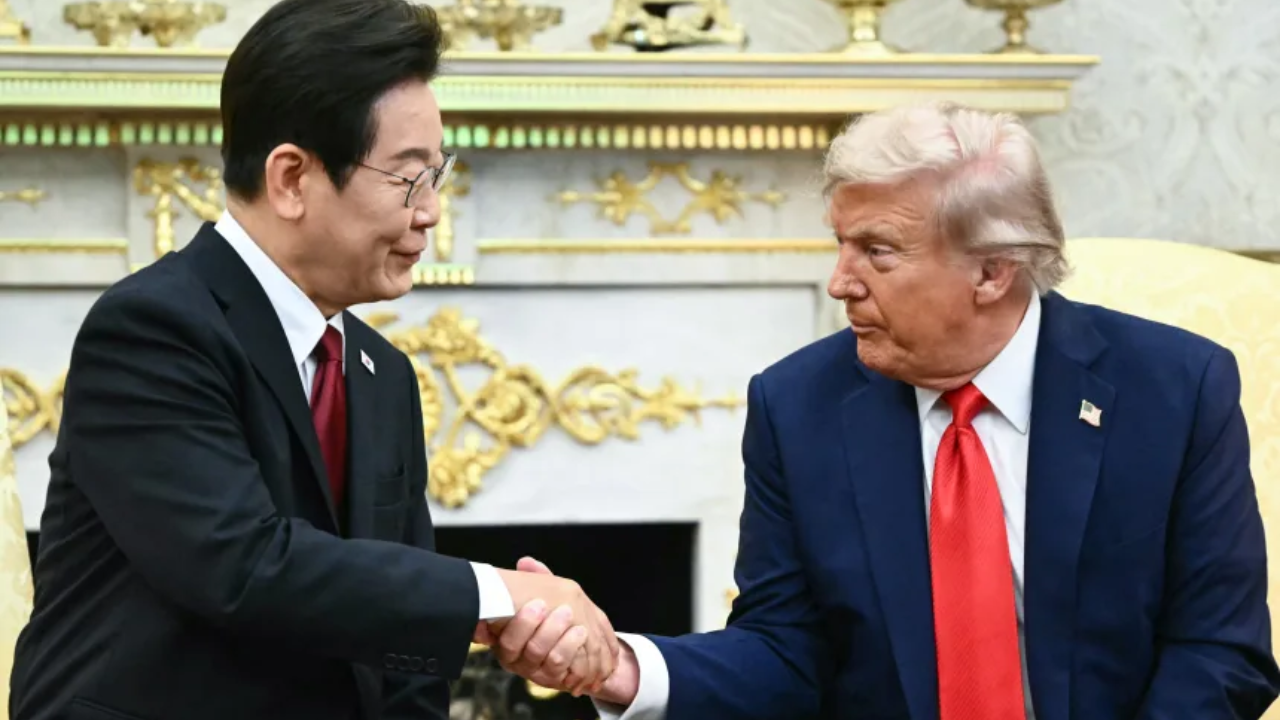

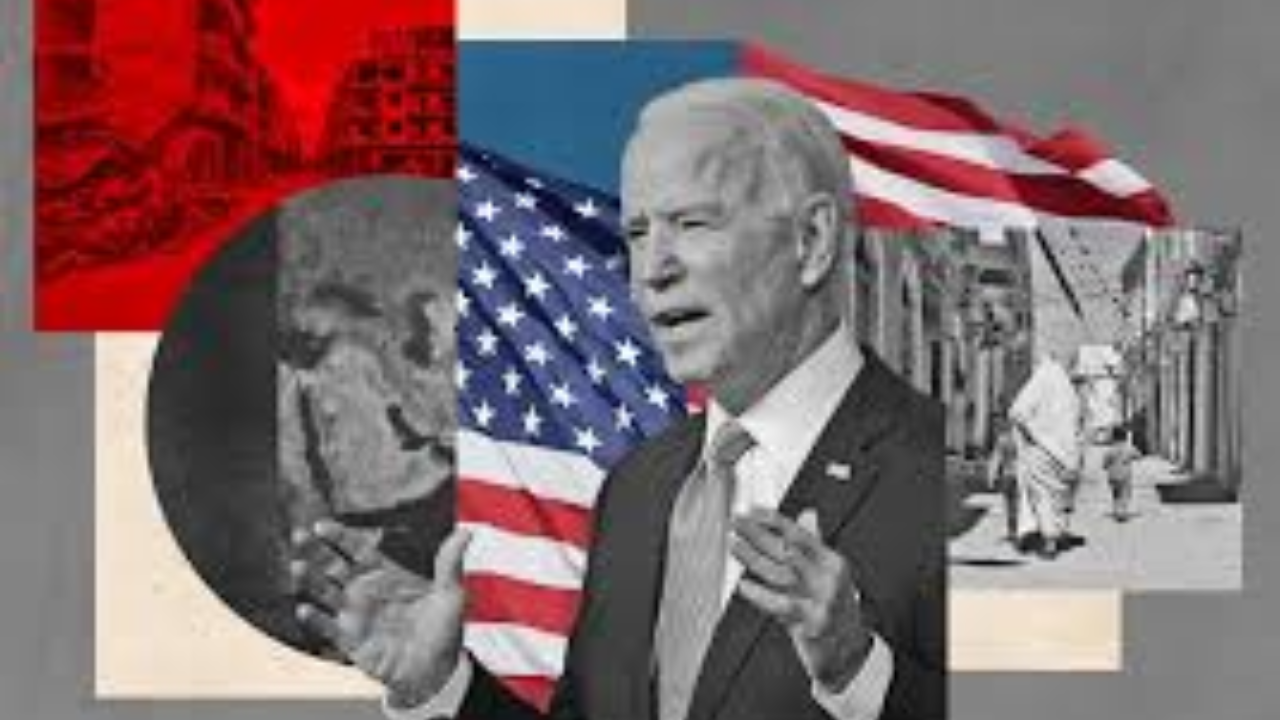

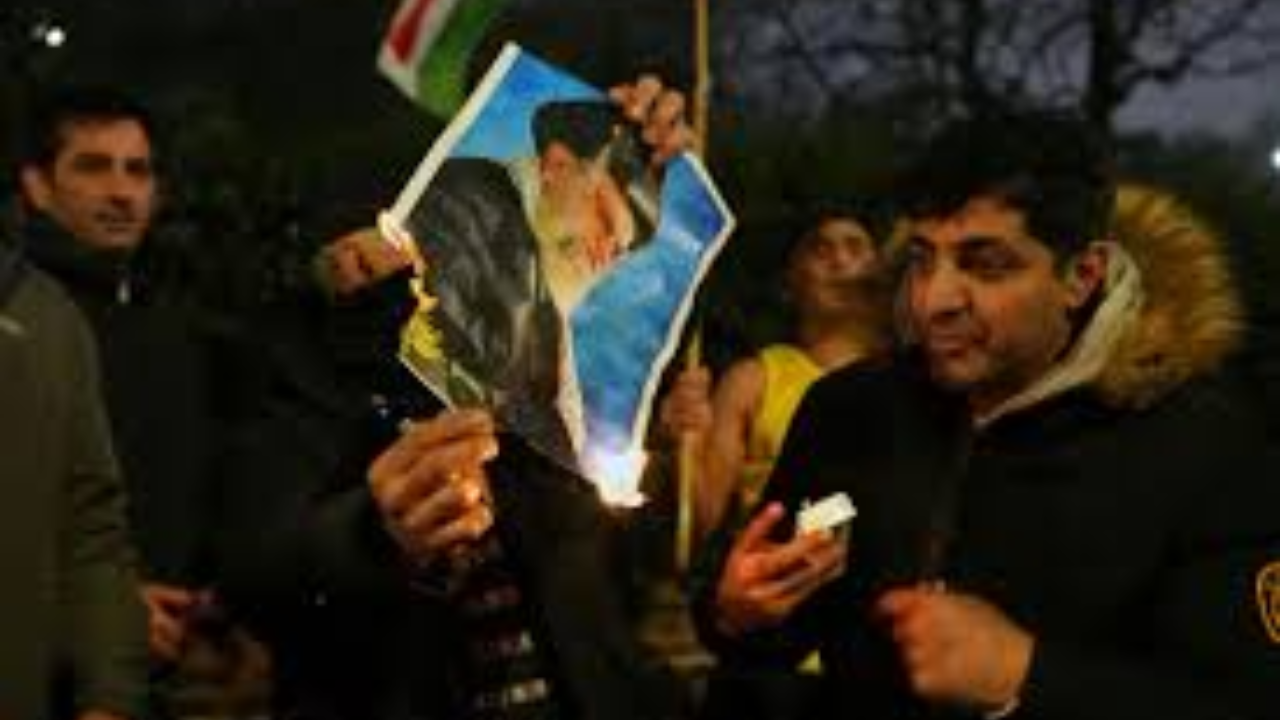

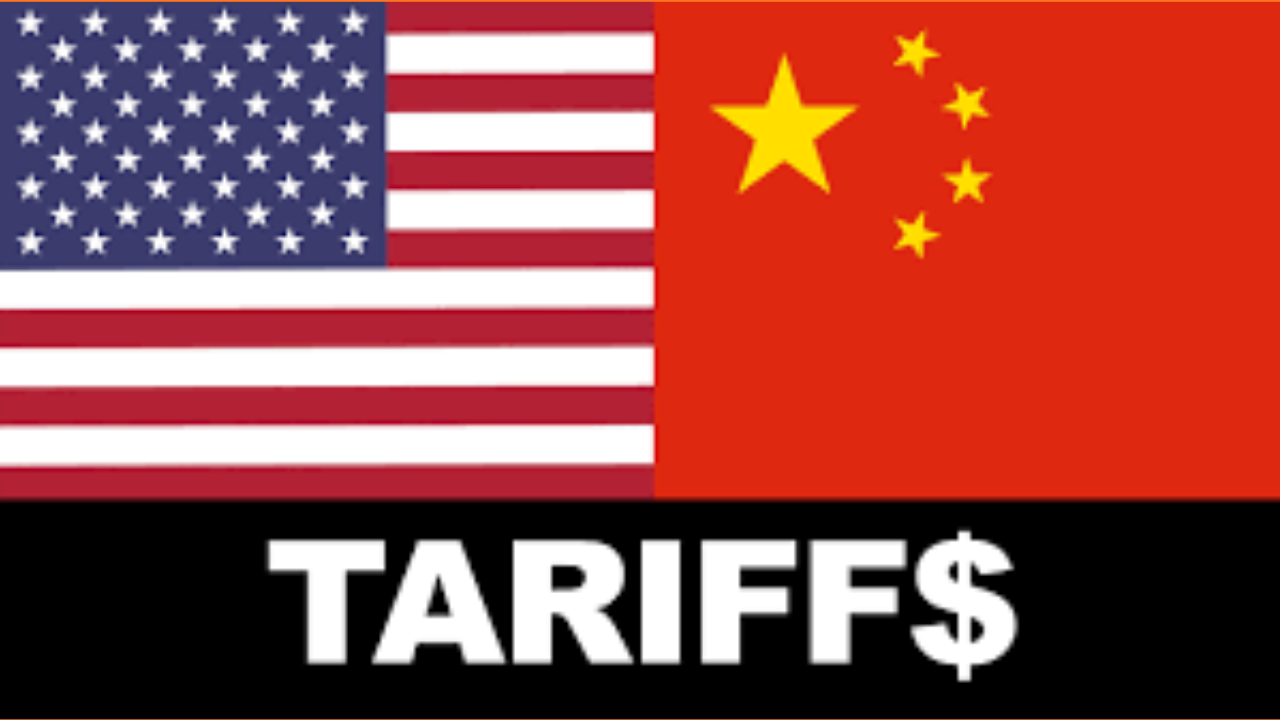







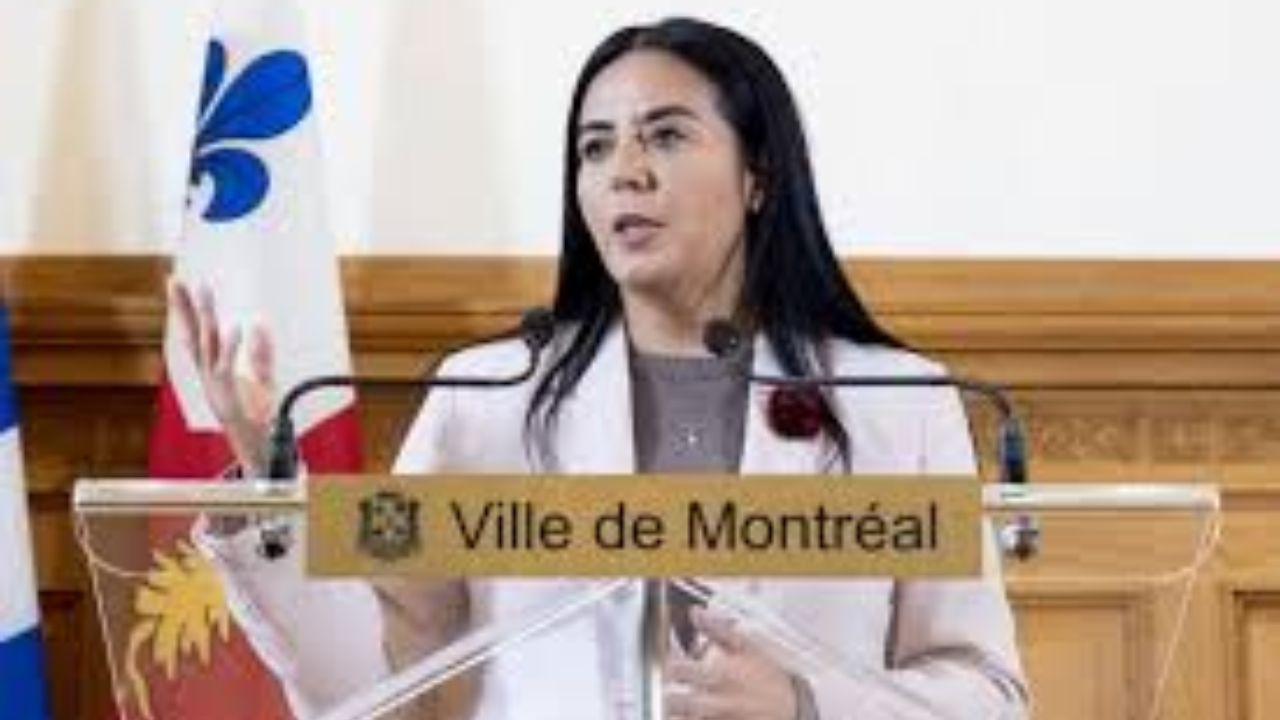

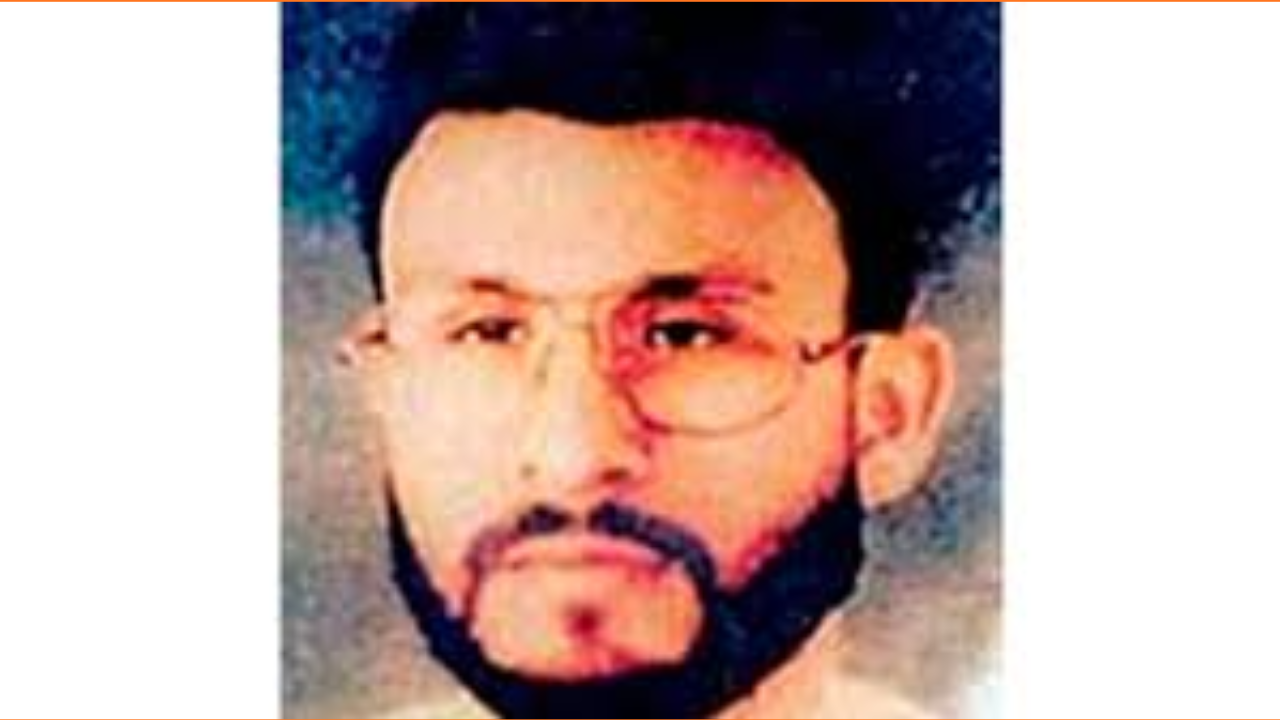

Hi, i think that i saw you visited my website thus i came to “return the favor”.I am attempting to find things to improve my website!I suppose its ok to use a few of your ideas!!